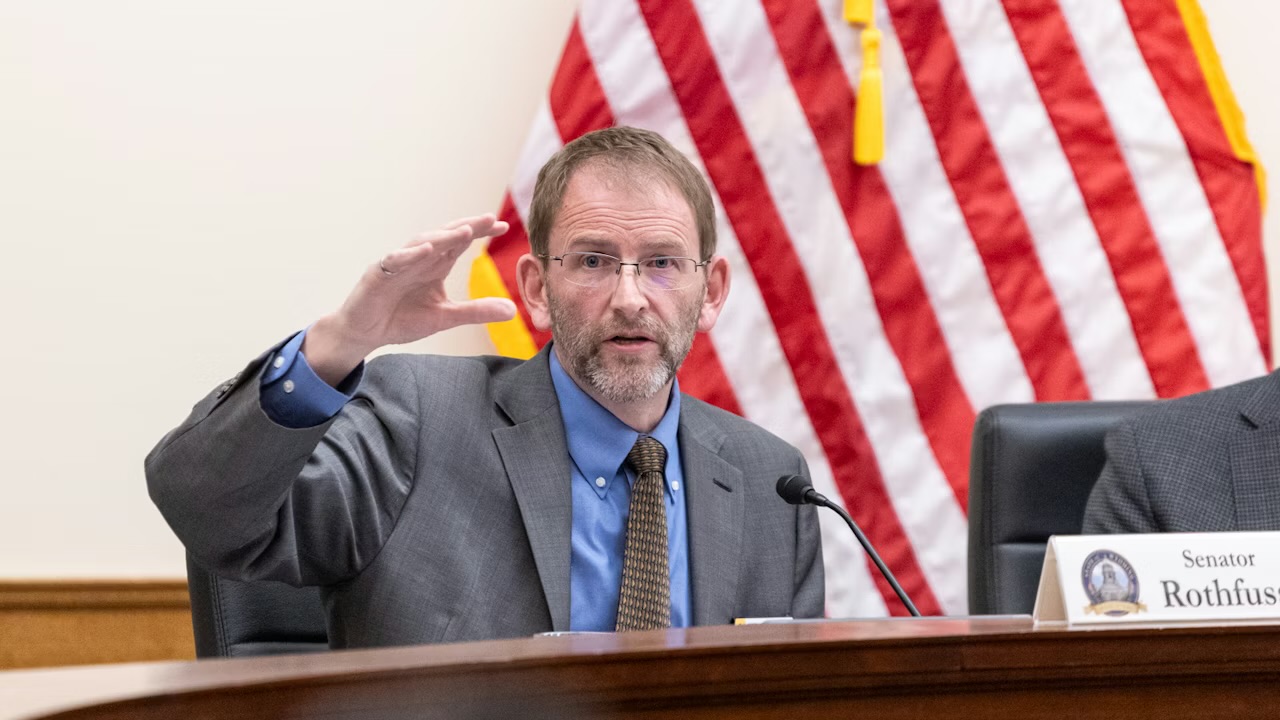Indian authorities have deployed troops to West Bengal following deadly protests sparked by a recently passed Waqf amendment bill. Critics argue the bill will undermine the rights of Muslims to manage religious endowments (waqf) valued at over $14 billion, Al Jazeera reports.
The protests, centered in the Muslim-majority Murshidabad district, intensified on Friday and Saturday, resulting in three reported deaths and the arrest of more than 150 individuals, according to The Times of India.
The Calcutta High Court has ordered the “immediate” deployment of the paramilitary Border Security Force (BSF) to the affected areas. While BSF Inspector General Karni Singh stated that the forces were dispatched to “help” local police, not to act independently, the move underscores the severity of the unrest.
The contentious bill, amending a 1995 law governing waqf properties (Muslim donations for religious or charitable purposes), was recently passed in Parliament after significant debate. Concerns have arisen regarding the inclusion of non-Muslims in the management of waqf properties.
Muslims have voiced concerns that the federal government, led by the Hindu nationalist Bharatiya Janata Party (BJP), is exhibiting discriminatory practices, as other religious groups retain the right to manage their own faith-based institutions without similar governmental intervention.
Prime Minister Narendra Modi’s BJP defends the amendments as a necessary measure to enhance transparency and combat corruption and mismanagement within waqf governance.
However, Muslim communities fear the amended law could expose waqf properties – including historic mosques, shops, shrines, graveyards, and extensive land holdings – to potential confiscation, disputes, and demolition.
Opposition parties have decried the bill as an attack on India’s Muslim minority, which comprises approximately 15 percent of the country’s 1.4 billion population and whose rights are guaranteed under India’s secular constitution.
Congress Party leader Rahul Gandhi has condemned the bill, stating it is “aimed at Muslims today but sets a precedent to target other communities in the future.”










The latest news in your social feeds
Subscribe to our social media platforms to stay tuned